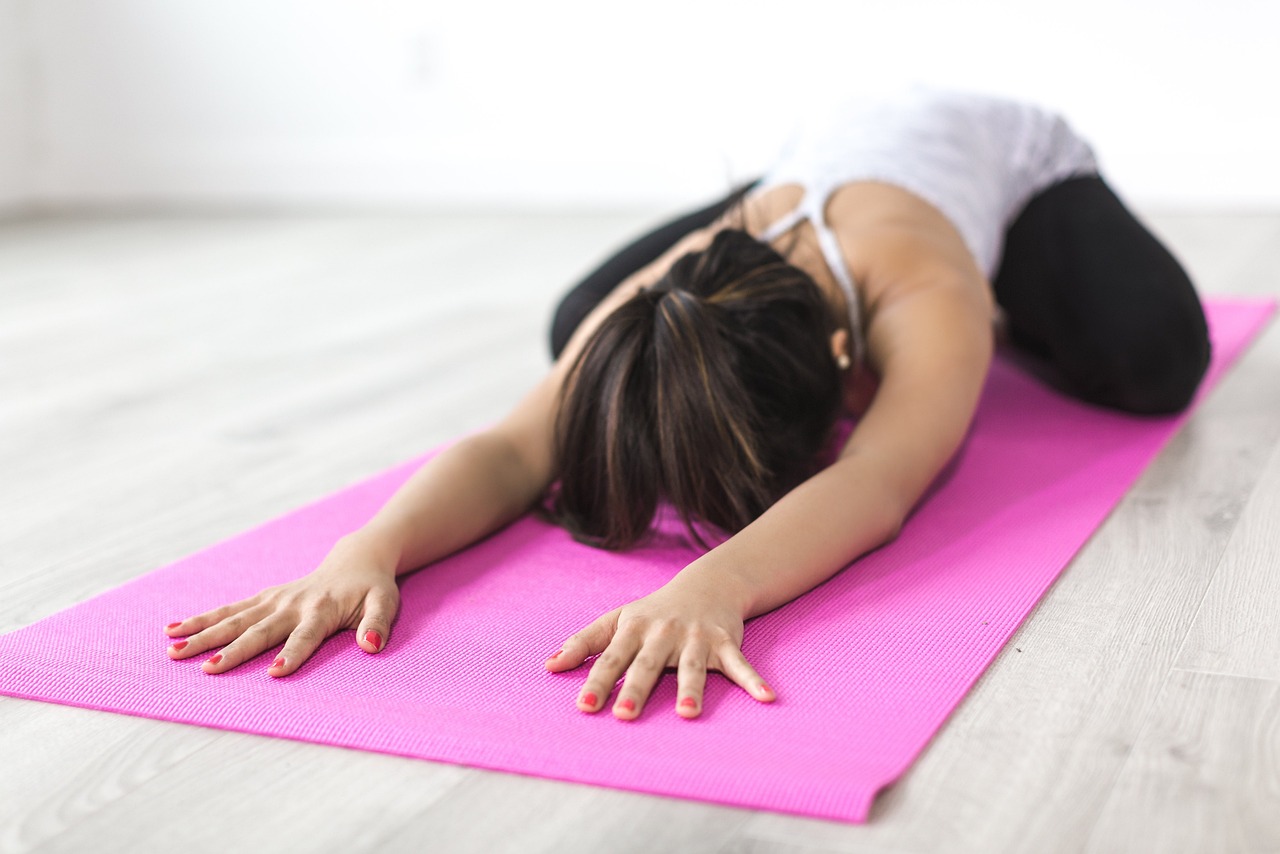Sleep is one of the most important pillars of good health, yet it is often the most neglected. In today’s fast-paced world, many people sacrifice sleep to meet deadlines, study, or spend time on digital devices. However, developing healthy sleep habits is essential for both physical and mental well-being. Quality sleep allows the body to repair itself, strengthen the immune system, and refresh the mind for the next day.
A healthy adult needs around seven to eight hours of sleep each night. Children and teenagers need even more because their bodies and minds are still developing. Getting enough sleep helps improve memory, concentration, and mood, while lack of sleep can cause tiredness, irritability, and poor performance at work or school. Over time, sleep deprivation may also lead to serious health problems such as obesity, diabetes, and heart disease.
One of the best ways to improve sleep quality is to maintain a regular sleep schedule. Going to bed and waking up at the same time every day—even on weekends—helps regulate the body’s internal clock. This consistency makes it easier to fall asleep naturally and wake up feeling refreshed.
Creating a comfortable sleep environment also plays a big role. The bedroom should be quiet, dark, and cool. Soft lighting, clean bedding, and a comfortable mattress can make a big difference. Reducing noise and distractions helps the body recognize that it is time to rest. Keeping electronic devices like phones and tablets away from the bed is equally important, as the blue light from screens can disturb the body’s natural sleep rhythm.
Another healthy sleep habit is to avoid stimulants before bedtime. Caffeine, nicotine, and heavy meals can interfere with sleep. It is best to avoid coffee, tea, and sugary snacks in the evening. Instead, one can try soothing drinks like warm milk or herbal tea. Light stretching, deep breathing, or reading a book can help relax the body and prepare it for sleep.
Regular physical activity during the day also supports good sleep. Exercise helps reduce stress and promotes deeper, more restful sleep. However, intense workouts should be avoided right before bedtime, as they can energize the body and make falling asleep harder.


